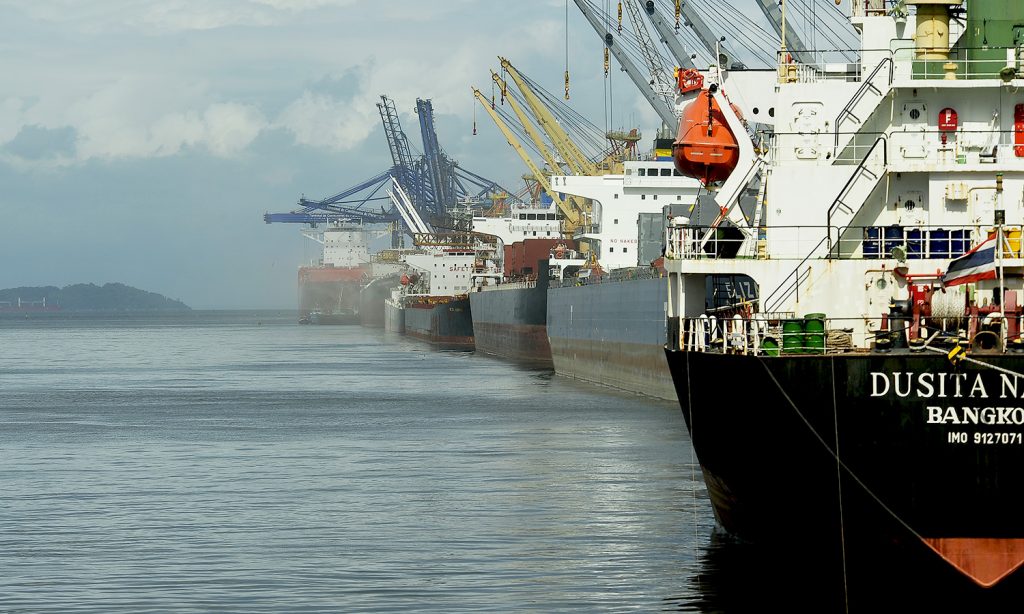São Paulo – The Brazilian trucker strike, which entered its tenth day this Wednesday (30), is affecting exports to Arab countries. The conclusion was reached by the Arab Brazilian Chamber of Commerce, which is keeping its partners in the Arab world posted about the scenario and speaking with Brazilian industry players so they will make the Arab market a priority once manufacturing and shipping are back to normal.
The trucker strike began on May 21 and started losing steam on Monday (28), after the federal government on Sunday evening (27) announced that it would cater to several demands from the strikers, including a BRL 0,46 cut in the price of a liter of diesel – through the slashing of two different tax charges –, the end of toll charges on empty trucks, and the setting of a minimum charter price.

By this Wednesday, protest spots across the country had diminished considerably, but the roadblocks lasting several days led to spoilage of perishable loads. Industry activities were halted due to lack of inputs, and goods couldn’t reach seaports for shipping due to lack of fuel and blocked highways.
“Brazil’s exports are primarily dependent on highway infrastructure,” Arab Chamber president Rubens Hannun says. One of the Chamber’s concerns is beef and poultry, of which Brazil is a key supplier to Arab countries. These industries were severely affected by the strike, and many had to stop their activities for lack of animal feed. “Production is suffering,” says Rubens Hannun.
The Brazilian Animal Protein Association (ABPA) reported that poultry companies across the country were idle, and that some planned to resume activities this Wednesday (30). From the beginning of the strike until last Monday, 70 million birds died, ABPA said. The Brazilian Beef Exporters Association (ABIEC) said 1,200 shipping containers’ worth of beef per day that should have been shipped weren’t.
As production and shipping gradually resumes, the Arab Chamber will direct its efforts towards ensuring that supplying the Arab countries will be a priority for companies. The region is not self-sufficient when it comes to food. “We will work to make sure these industries will take into consideration the shipping of product to Arab countries, since they have always been loyal, frequent buyers which rely on these items,” explains Hannun.
The Arab Chamber is also keeping its Arab partners – embassies, associations, chambers of commerce ministries, business councils, etc. – up-to-speed on the situation in Brazil and potential repercussions in trade with the Middle East and North Africa. “So that they can prepare in some way,” says Hannun.
Arab countries as a whole were the fourth leading importers of goods from Brazil last year, trailing only China, the United States and Argentina. Brazil grossed USD 13.5 billion from sales to the region in 2017, as per numbers from the Brazilian Ministry of Industry, Foreign Trade and Services compiled by the Arab Chamber. Sugar, poultry and ore made up the bulk of sales.
The Arab Chamber president notes that although supplies from Brazil have been halted, Arab countries are currently observing Ramadan, the Muslim calendar month during which people fast during daytime and then get together to eat and celebrate once the sun sets. The region usually imports large amounts of food to build stockpiles prior to Ramadan, which began on May 17th this year and lasts about a month.
Translated by Gabriel Pomerancblum




